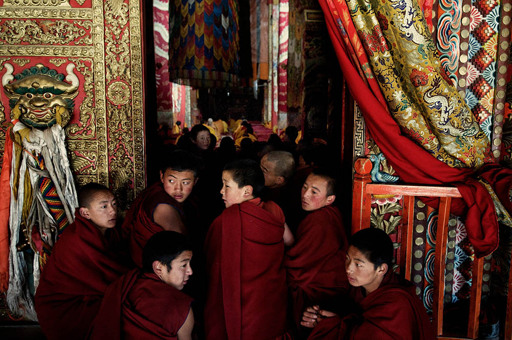cross-posted from: https://lemmy.sdf.org/post/29860356
China has revised its policy on the administration of Tibetan Buddhist temples, focusing especially on Sinicization of Tibetan Buddhism with “a strong sense of community for the Chinese nation”, according to a Dharamshala-based Tibetan rights group.
China’s State Administration for Religious Affairs issued a revised version of its “Measures for the Administration of Tibetan Buddhist Temples” on Dec 1, 2024 – after being adopted on Sep 1 – and it came into force at the beginning of last month, said the Tibetan Centre for Human Rights and Democracy Feb 14.
It said a major revision made in Article 4, which outlines the ideological framework within which the Communist Party of China (CPC) requires Tibetan monasteries to function, states:
“Temples and clergy should love the motherland, support the leadership of the Communist Party of China, support the socialist system, abide by the Constitution, laws, regulations, rules, and relevant provisions on the management of religious affairs, practice core socialist values, forge a strong sense of community for the Chinese nation, adhere to the direction of the Sinicization of religion, uphold the principle of independence and self-management, safeguard national unity, ethnic unity, religious harmony, and social stability, and promote the adaptation of Tibetan Buddhism to socialist society.”
 7·2 months ago
7·2 months ago


